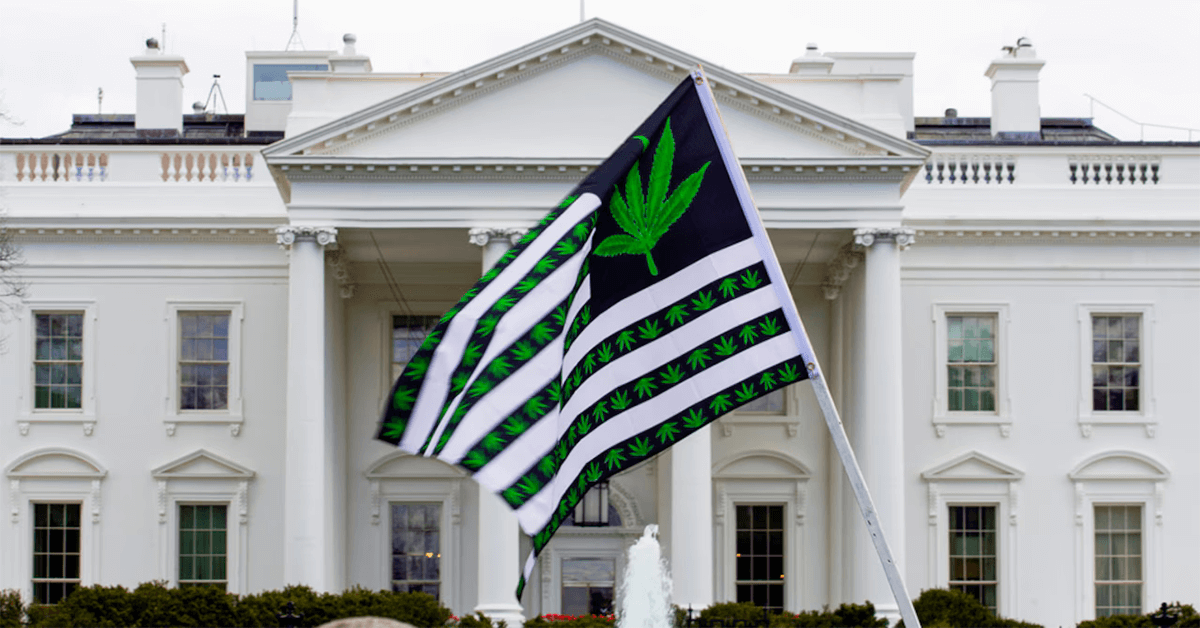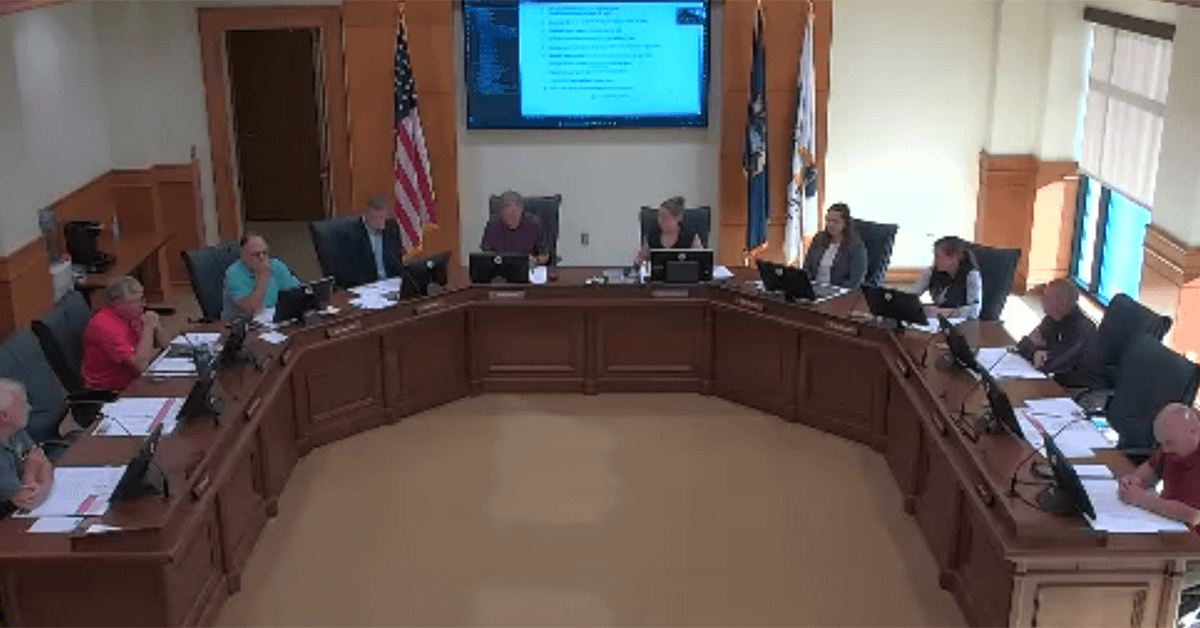The Future of Cannabis in Michigan: From Federal Rescheduling to State Reforms

For many years, the federal regulation of marijuana has directly contradicted the preferences of a significant portion of American voters, including a majority in Michigan since 2008. Now, a groundbreaking shift is on the horizon. According to reports from the AP, which cite five anonymous sources, the Drug Enforcement Administration (DEA) is set to propose a major change in the classification of marijuana, potentially reshaping its legal status in the United States.
Rescheduling Proposal
The DEA plans to reclassify marijuana as a Schedule III controlled substance. This category includes substances such as codeine pain pills, ketamine, and steroids, which all require a doctor's prescription. Since 1971, marijuana has been listed as a Schedule I drug, alongside heroin and LSD, indicating it as a substance with high potential for abuse and no accepted medical use. This classification has made marijuana a focal point in the extensive War on Drugs, labeling it as highly addictive and without medical benefits.
State-Level Changes and Economic Impact
This reclassification initiative follows after individual states began recognizing the medical benefits of cannabis. California was the pioneer, legalizing medicinal cannabis in 1998, followed by Michigan in 2008. Michigan further expanded its acceptance by legalizing recreational marijuana use in 2018. The opening of Michigan's first retail marijuana store in December 2019 marked a significant milestone, and today, the legal marijuana industry boasts nearly $3 billion in annual sales, despite its continued federal illegality.
Advocacy and Opposition
Jamie Lowell, a prominent marijuana legalization advocate, praised the DEA's move as a step towards correcting the "ongoing lie" that cannabis has no medical value. However, he also noted that this action does not repair the historical damage caused by its prior misclassification nor does it halt ongoing issues stemming from its status. Lowell argues that a complete removal of cannabis from the controlled substances list would be the only completely reasonable solution.
Economic and Practical Implications
Short-term, the reclassification could ease some operational burdens for cannabis businesses, particularly in financial realms. Many banking laws currently inhibit marijuana-related commerce due to its classification. Rescheduling could, therefore, eliminate certain hiring prohibitions tied to marijuana use, afford new tax breaks to retailers (potentially lowering consumer prices), and simplify research endeavors by making them more affordable and accessible.
However, according to insiders, this shift will likely have minimal immediate impact on the operations of Michigan's marijuana market itself.
Regulatory Process
The process to reclassify marijuana at the federal level is intricate, requiring approval from the White House and undergoing a public comment period before any changes can be implemented. Lance Boldrey, a cannabis attorney, emphasized that this move does not equate to federal legalization and would unlikely alter the state's regulatory framework or its market substantially. According to Boldrey, for marijuana to be recognized legally under Schedule III, it would have to undergo a rigorous, and often costly, FDA approval process.
Gun Ownership Concerns
One particularly nuanced area affected by federal marijuana policy is gun ownership. Currently, the application for federal firearms that most Michigan gun buyers must complete during a purchase explicitly disqualifies anyone who identifies themselves as an "unlawful marijuana user." This is based on the premise that possession of marijuana remains illegal under federal law, irrespective of any state-level legalization for medicinal or recreational purposes.
With the DEA's proposed rescheduling, there's speculation that the Bureau of Alcohol, Tobacco, Firearms and Explosives (ATF) might revise its stringent policies. Cassim Coleman, an organic chemist and cannabis industry consultant, suggests that the ATF might update their application forms to reflect the new legal status of marijuana, at least for medicinal purposes. However, he cautions that full legal acceptance by the FDA could still be years away, leaving a grey area in terms of what constitutes lawful use.
Financial and Market Implications
The rescheduling of marijuana could also significantly impact economic aspects of the industry, particularly concerning taxation and banking. Under current federal laws, Michigan marijuana retailers face prohibitive restrictions that prevent them from benefiting from tax breaks and deductions available to other businesses. This results in a financial burden that is disproportionately heavy compared to other industries.
Lance Boldrey points out that reclassification could be a turning point, potentially allowing cannabis businesses to deduct ordinary business expenses, thereby freeing up significant capital. This shift could provide a much-needed financial relief for these businesses, which are currently navigating a challenging economic landscape.
Research and Federal Barriers
One of the most significant barriers erected by federal marijuana laws has been the restriction on scientific research. To conduct federally approved studies on marijuana, researchers must demonstrate a legitimate medical or scientific purpose—a criterion that was virtually unattainable under its Schedule I classification.
Cassim Coleman notes that the proposed reclassification to Schedule III would likely broaden the scope for authorized research. This could lead to more relaxed rules and reduce the logistical burdens currently associated with marijuana studies, such as the need for extensive security measures and special storage facilities. Easier access to research could enhance understanding of cannabis's effects and potential medical benefits, further legitimizing its use in a clinical context.
Taxes, Regulation, and Interstate Commerce
Despite these potential advances, most industry experts, including Javier Hasse from Benzinga Cannabis, do not foresee immediate new taxes or regulations specifically targeting state marijuana markets. However, there's potential for a federal excise tax akin to those imposed on alcohol and tobacco if marijuana moves to Schedule III. Such a tax and possible federal standardizations could supersede more lenient state regulations, particularly concerning potency and safety standards.
Yet, Ryan Basore of Redemption Cannabis and other experts believe that significant federal regulations or taxes are unlikely in the near term. Cannabis attorney Denise Pollicella points out that without federal legalization, there are still significant limitations, such as the inability to engage in interstate or international trade of marijuana.
National Implications on Banking and Employment
The reclassification could also influence other areas such as national banking and federal employment policies. Currently, national banks are reluctant to service marijuana businesses, seen as a legal risk due to the substance's federal status. Changes in classification could open up traditional banking services to these businesses, which would significantly impact their operational capabilities and growth opportunities.
Ryan Basore shared a personal anecdote of financial services being denied because of his association with the cannabis industry, illustrating the current challenges faced by individuals and businesses in this sector. With changes in federal policy, these barriers might be lowered, improving access to financial services and making it easier for employees in the cannabis industry to receive loans and other banking services.
State Legislative Actions and Advocacy
In response to the changing federal landscape, state-level actions are also underway to align local laws with the new federal stance on cannabis. Jamie Lowell, an operations manager for the Meds Cafe cannabis retail chain and a board member with Michigan NORML, highlighted efforts within Michigan to amend its own drug scheduling. Michigan State House Representative Jimmie Wilson Jr. (D-Ypsilanti) plans to introduce 'The John Sinclair Act,' named after the iconic marijuana legalization advocate. This act aims to remove cannabis entirely from Michigan's Schedule of Drugs, where it is currently still classified as a Schedule I substance. Such state-level legislative changes are crucial for resolving ongoing legal discrepancies and easing citizens' access to cannabis without the burden of conflicting federal and state regulations.
National Debate and Congressional Action
The potential rescheduling of cannabis is not just a bureaucratic change but a significant political move that requires extensive legislative action at the federal level. Cassim Coleman pointed out that while the DEA's rescheduling proposal is a positive step, actual legislative change needs to occur within Congress. Coleman plans to discuss these issues in Washington D.C., engaging with members of the Cannabis Caucus and other legislators to advocate for a more comprehensive legislative approach to cannabis reform.
The current political landscape is complex, and the likelihood of significant legislative change depends on the prevailing attitudes within Congress, which are subject to fluctuating political dynamics. Nonetheless, the DEA's move might catalyze a shift in perspectives, potentially reducing stigma and garnering support for more substantial cannabis reform.
Implications for Employment and Federal Programs
Beyond banking and legislative changes, the rescheduling of cannabis could have broad implications for federal employment and various federally regulated programs. Ryan Basore discussed the challenges faced by cannabis industry employees, particularly in obtaining mortgages and other financial services due to their employment in a federally illegal industry. With the DEA's proposed rescheduling, these barriers may decrease, leading to increased job security and financial stability for those working in the cannabis sector.
Moreover, federal programs that currently impose a zero-tolerance policy towards cannabis use, such as housing assistance and certain employment opportunities, might be revised to reflect the new federal stance on cannabis. This could open up opportunities for individuals who use cannabis legally according to state laws but are currently excluded from these programs.
Conclusion
The DEA's proposal to reclassify cannabis as a Schedule III substance marks a pivotal moment in the ongoing debate over cannabis legalization and regulation in the United States. While it does not equate to federal legalization, it signals a significant shift in federal policy that could alleviate some of the financial, legal, and practical challenges currently faced by the cannabis industry. However, true and comprehensive reform will require legislative action at both the federal and state levels, as well as continued advocacy from stakeholders across the spectrum.
Share this article:
Spotted a typo, grammatical error, or a factual inaccuracy? Let us know - we're committed to correcting errors swiftly and accurately!








 Helpful Links
Helpful Links